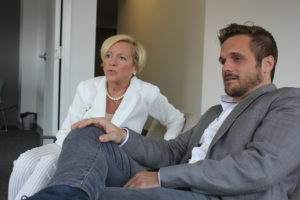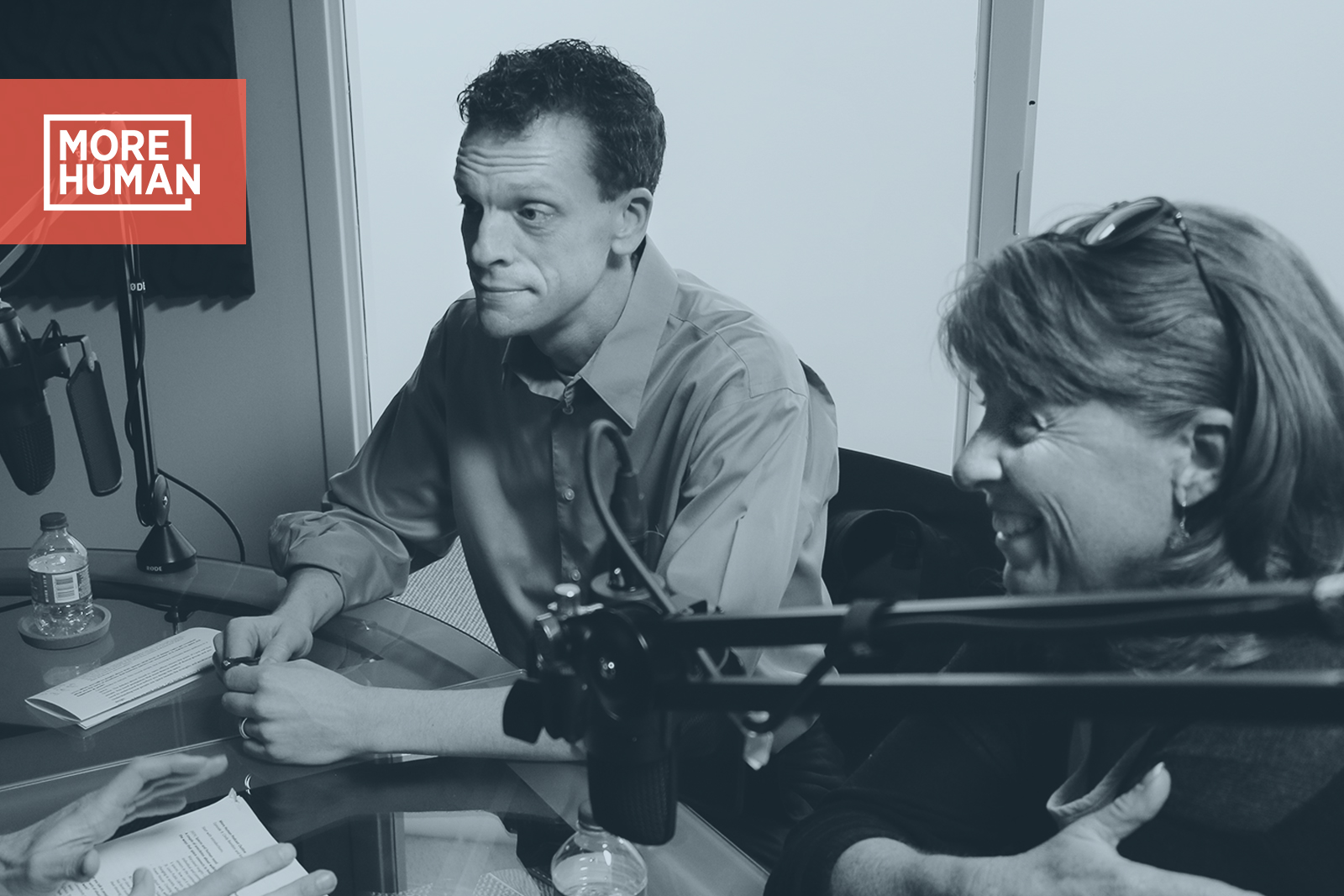The Reverse Interview
We all know how the typical job interview goes. The interviewee is asked a series of questions such as, “What are your skills? How long have you been in the field? What are you looking for compensation-wise?…” You all know the drill. We all know these are important questions that are a necessity in the hiring process. But, if the employee is supposed to love their job, shouldn’t the interview experience be reversed/reciprocal?
There are many articles about how to draw millennials in who are looking for purpose in their jobs in addition to compensation. As a millennial myself I’ve wondered, “Why don’t people ever ask me what the company can do for me?” If you want to have a culture where everyone comes to work wanting to be there, then there should be a mutual relationship. Hence, a mutual discussion. What an eye-opening and surprising first impression of the company and its culture.
Here are some questions you might consider asking:
- What is the type of work environment you are most productive in?
- Do you prefer Macs or PCs?
- Do you prefer working in groups or independently?
- Do you have any other pressing needs throughout the day that we should be aware of?
- Do you have a family? Are they normally in childcare? How often would you need to bring your children to work and is there a way we help make that less stressful for you?
- What hours do you prefer to work during the day?
- Do you have anything going on in your life right now that we should know about to make your work experience easier?
- Tell me about any of your previous jobs. What did you like or not like about the management style?
- We know you will be a productive worker, but with that said- How do you make work fun for you? Do you listen to music while working? Do you prefer to take frequent breaks instead of a lunch break?
- Do you prefer to get paid every 2 weeks or every month?
- Tell me about a time when you accomplished something and you were proud of yourself?
In a survey published in Harvard Business Review, 23% of employees complain that the people in leadership positions do not ask about employee’s lives outside of work. Not only that, 34% of employees complain that the leadership refuses to talk to people on the phone or in person, 51% refuse to talk to subordinates, and even worse, 36% of leaders do not know their employees names. This sends the message to the employee that they are not valuable because they are not being treated as a person, but a part in a machine.
Imagine what your prospective employees would think when you stun them with those questions. Snacknation put together an article that states, “20% of companies with happy employees outperform the competition by 20%, 12% of happy employees are more productive, and 37% of happy salespeople produce greater sales.” When we take the time to ask employees genuine questions that will help shape, personalize, and tailor their job to them- they will be happier and your organization as a whole will perform better.
Treat your organization like it’s a human being.
How would a person to person conversation like this look and feel? For example, part of being human is needing to be flexible. As people, we all understand that things come up, certain types of work get boring, and sometimes we just have a bad day. People are not machines, they are the most important part of your business. I know a story of a CEO that did not understand why the employee was under-performing. The CEO asked them a non-accusing question. He found the employee revealed that his wife just had a baby, and she needed extra help so he had to leave work. They worked out a schedule that worked mutually for the employee and the company. Instead of firing the employee, the CEO realized that these questions could have been asked in the initial interview. Asking simple questions give the employee an open floor to share their interests. Not only can we ask these questions in the first interview, but we can challenge ourselves as leaders to keep asking these types of questions. When the people are happy and motivated, the results will be amazing.













